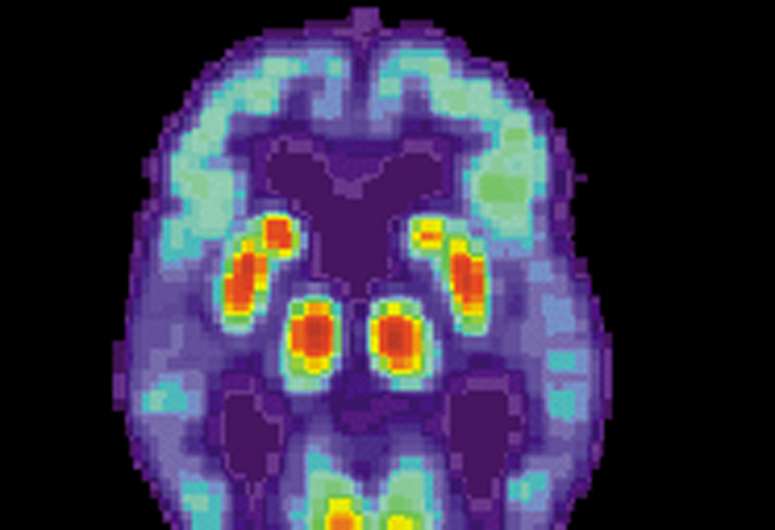
Tau is a protein that helps stabilize the internal skeleton of nerve cells (neurons) in the brain. Groups of toxic tau protein, termed tau oligomers, drive disease progression and memory loss in Alzheimer’s disease (AD). A new study from Boston University School of Medicine (BUSM) shows how these tau oligomers form, and, correspondingly, how they can be prevented.
AD is a major cause of disease in the elderly and places a huge financial cost on the health care system. Scientists have known for a long time that two proteins (beta-amyloid and tau) clump and accumulate in the brains of…

























